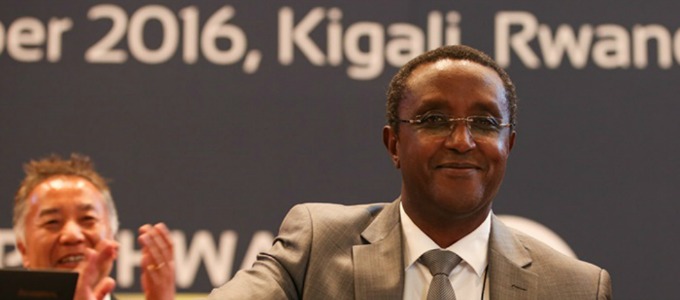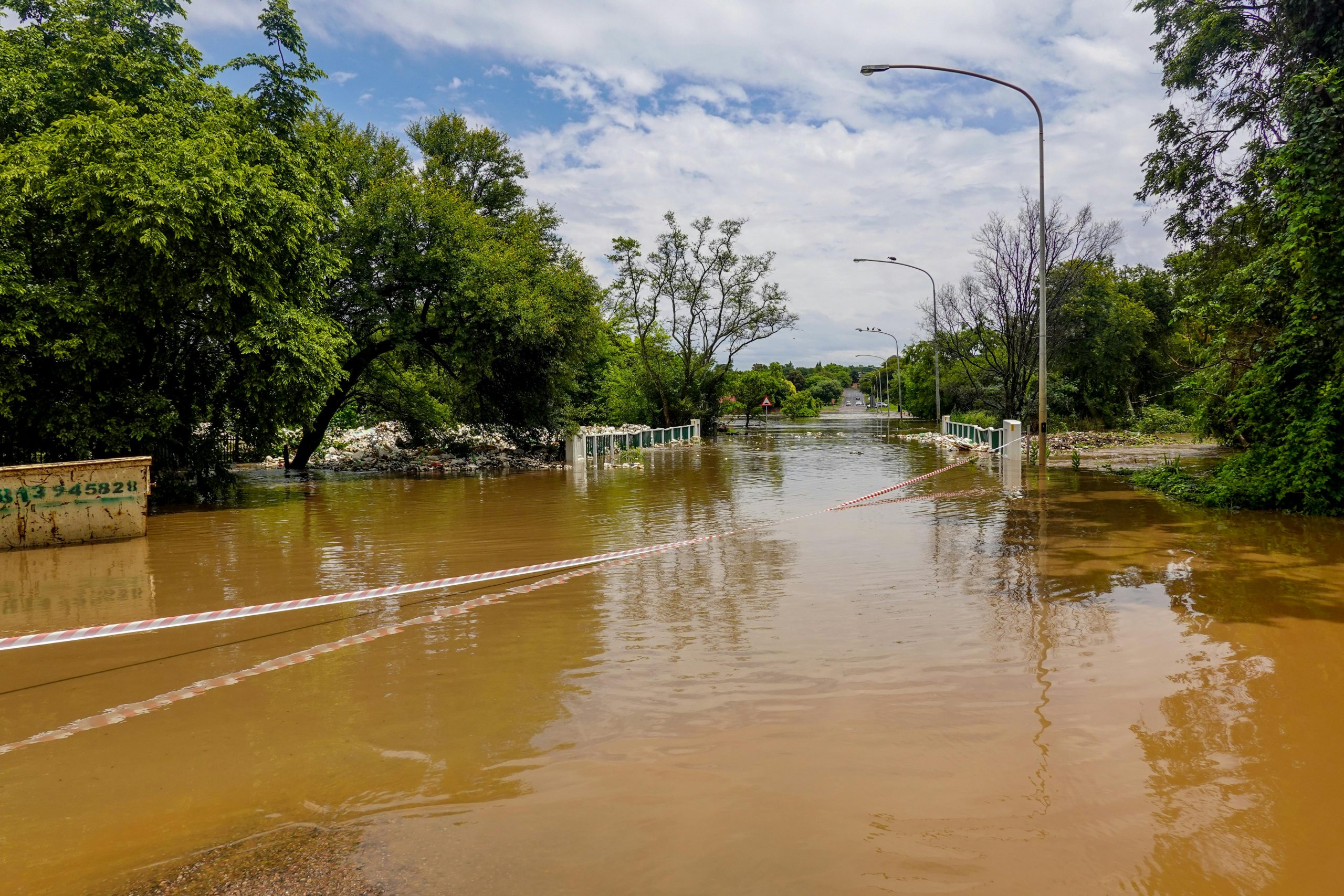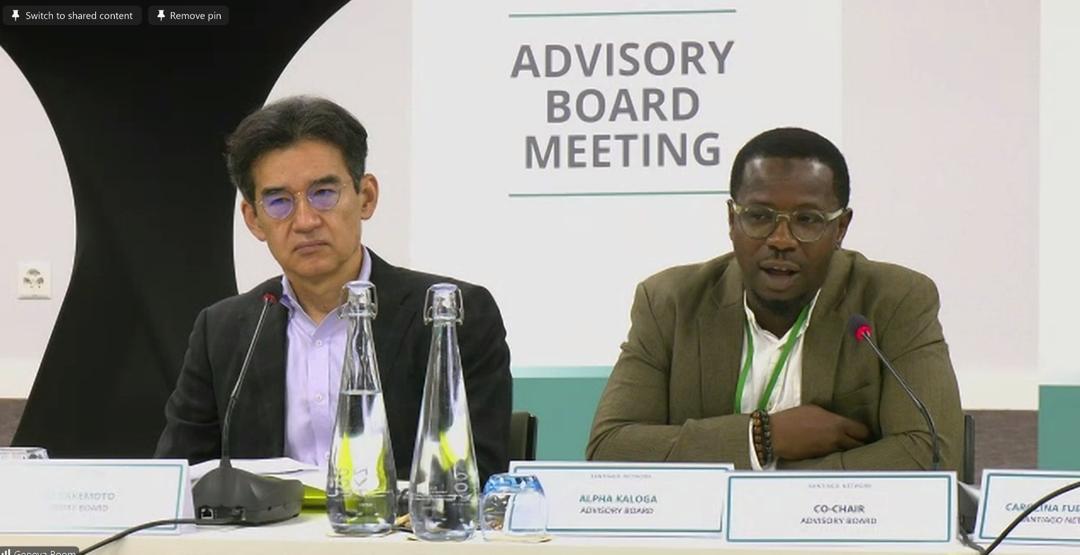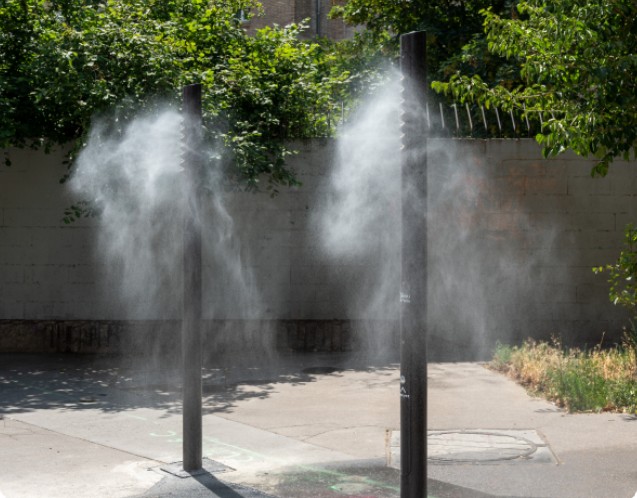Accord de Paris
Actualité
Afrique
Climat
Développement Durable
Energy
enjeux
Montreal Protocol
Paris Agreement
Publication récente
Rwanda
Climate Action Network (CAN), COP 22, Houmi Ahamed-Mikidache, Hydrofluorocarbons, Kigali Amendment, Montreal Protocol, Paris Agreement
ERA ENVIRONNEMENT
0 Commentaires
Montreal Protocol-Kigali: Countries agree to curb powerful greenhouse gases
Montreal Protocol-Kigali: Countries agree to curb powerful greenhouse gases
By Houmi Ahamed-Mikidache
Victory
During the Montreal Protocol talks in Kigali ( Rwanda), developed and developing countries have committed to freeze and then reduce their production and use of Hydrofluorocarbons (HFCs). According to United Nations Environment Programme (UNEP), this reduction could prevent up to 0.5 degrees Celsius of global warming by the end of this century.
« It is not often you get a chance to have a 0.5-degree centigrade reduction by taking one single step together as countries – each doing different things perhaps at different times, but getting the job done, » said US Secretary of State John Kerry.
Hydrofluorocarbons , “ the world’s fastest growing greenhouse gases”, are commonly used in refrigeration and air conditioning as substitutes for ozone-depleting substances, recalled UNEP.
“This is about much more than the ozone layer and HFCs. It is a clear statement by all world leaders that the green transformation started in Paris is irreversible and unstoppable. It shows the best investments are those in clean, efficient technologies, « explained UN Environment chief Erik Solheim
What’s next?
The next step of the Kigali amendment will be to phase down HFCs by 2019 for developed countries, and from 2024 to 2028 for developing countries. By the late 2040, all countries will be in line with their respective baselines. Climate Action Network (CAN) hopes that countries will accelerate their national ambition over time but soon enough to give a fighting chance for the world to limit global temperature rise to 1.5 C.
“It is crucial that in the coming years countries work towards transitioning to energy efficient and environment friendly alternatives. The agreed technology review will help with rapid maturity of alternatives and enable countries to strengthen their actions,” said Climate Action Network ( CAN) .
The exact amount of additional funding will agreed at the next meeting of the Montreal Protocol in 2017, with grants for research and development as an immediate priority.
“To aid the switch to newer and safer natural refrigerants, sufficient funding will be required through the Montreal Protocol’s Multilateral Fund to enable poorer countries to invest in the new technology. It is vital that developed countries also share their progress on technological breakthroughs,” called Benson Ireri, Senior Policy Advisor, Christian Aid.
The Kigali Amendment comes a few days after two other climate action milestones: sealing the international deal to curb emissions from aviation and achieving the critical mass of ratifications for the Paris climate accord to enter into force.
“The Kigali Amendment, just prior to the adoption of the Paris Agreement, brings concrete global action to fight catastrophic global warming. Still, with billions of tonnes of emissions still up for grabs, the ultimate success of the Kigali amendment will depend on accelerating the removal of these industrial climate-killers in upcoming meetings,” said Clare Perry, Climate Campaign Leader, Environmental Investigation Agency
About the Montreal Protocol
Adopted in 1987, the Montreal Protocol on Substances that Deplete the Ozone Layer is the most successful UN environmental agreement in history. Ratified by 197 parties, it has led to a 98 per cent decrease in the production and use of ozone-damaging chemicals, helping the ozone layer to start recovering, saving an estimated two million people each year by 2030 from skin cancer and contributing to mitigating climate change, according to UNEP.
Share this content:



